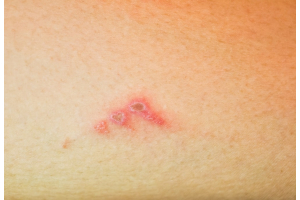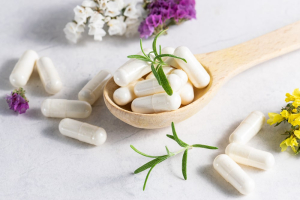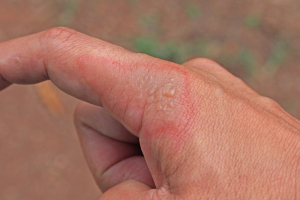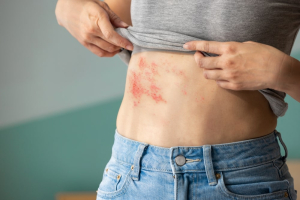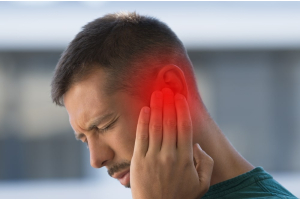How is malaria treated and prevented?
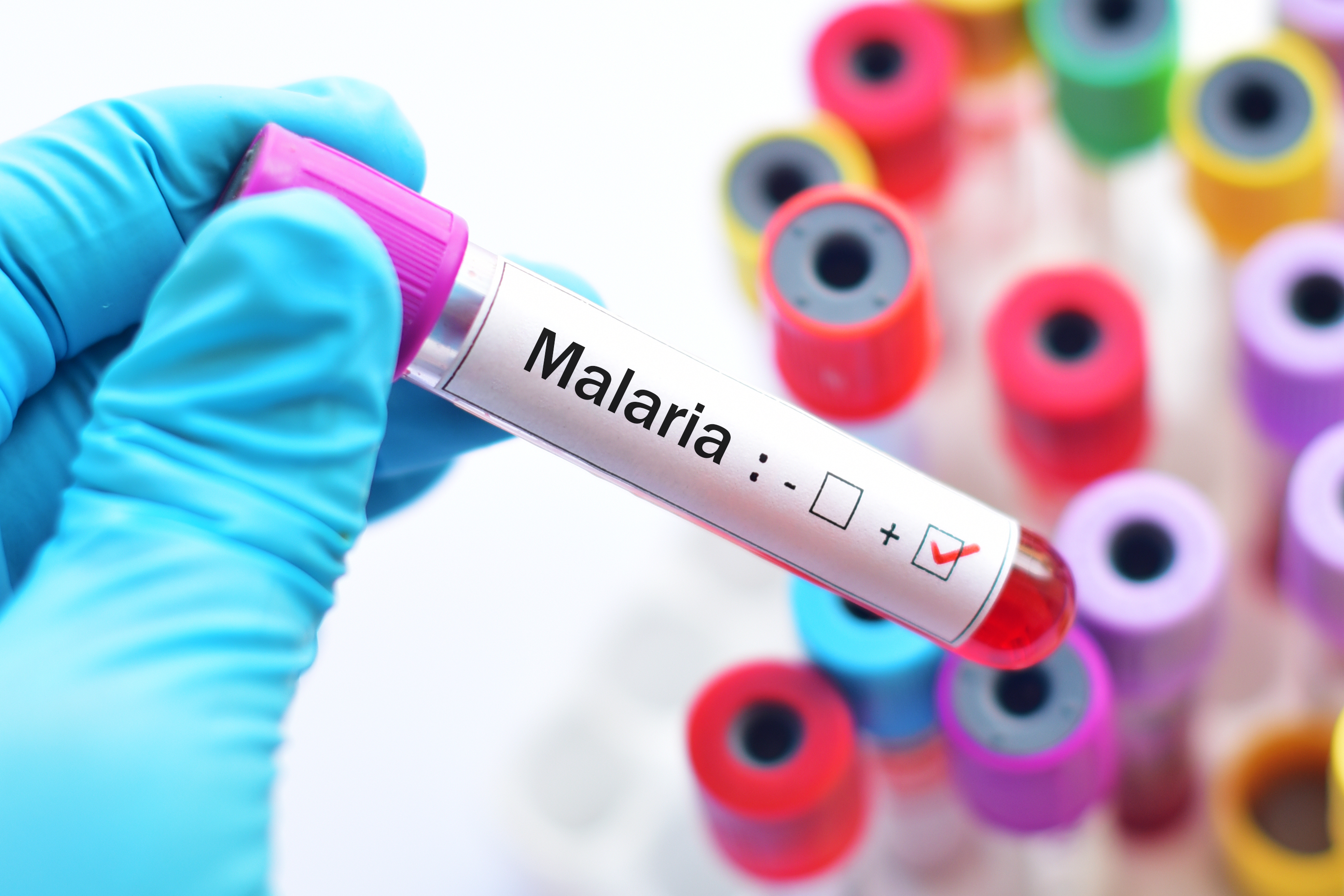
Malaria is a serious and potentially life-threatening parasitic infection that is spread through the bite of an infected mosquito. Up to half the world’s population is at risk of malaria with the disease most commonly found in regions of sub-saharan Africa, some parts of Asia, and Oceania. Each year, malaria is responsible for killing hundreds of thousands of children and adults. It tends to be worse in children: about 80% of malaria related deaths in 2020 were children under the age of 5.
Despite these staggering figures, malaria is a highly preventable and treatable disease if it’s caught early enough and treated properly. Most of the deaths and complications that occur happen in regions where there is not enough medical infrastructure to treat the disease.
Malaria Prevention
If you are going to be in an area where malaria is found, there are several measures you can take to protect yourself against infection. There are medications known as antimalarials that you should take before, during, and after your trip. These will greatly reduce the chances of you getting malaria. It’s important to take antimalarials continuously to get effective protection.
In addition to antimalarial medications, you should take active steps to physically protect against mosquito bites.
Avoid spending time around standing water.
Wear long sleeves and long pants.
Wear closed toed shoes.
Sleep under a mosquito net at night.
Ensure all windows and doors are closed or have screens that are free from holes.
Use mosquito spray with DEET (diethyltoluamide) all over your body, including parts that will be covered by clothing.
Use an insect repellant called permethrin to treat your clothing, tents, bags, mosquito nets, and any other exposed fabrics.
Malaria Treatment
It’s important to treat malaria as soon as possible after exposure or after you start experiencing symptoms. The sooner it’s treated, the better the outcome will be. The symptoms usually start within a few weeks of exposure, but it is possible for some malaria parasites to remain dormant for months.
Malaria Symptoms:
Fever
Chills
Stomach pain
Headache
Cough
Tiredness
Nausea
Feeling unwell
Vomiting
Muscle and joint pain
Shortness of breath
Increased heart rate
Once diagnosed, your doctor will give you medication or a combination of several medications to kill off the malaria parasite. It’s possible to be fully cured by medications.
How to Cure Malaria Faster
There are a lot of websites out there with advice on home remedies that will cure malaria faster. You should always only follow the advice and medical protocols provided by a medical professional to ensure a smooth and full recovery. You can also get a lot of information and advice from travel clinics like those run by Pearl Chemist Group.
Book an appointment online to meet with our travel health specialists before your next trip. After discussing your itinerary, we can make personalised recommendations on any medications and vaccines you may need. We can also provide you with antimalarial tablets in Wandsworth, antimalarial medication in Tolworth, and malaria treatment in Tooting.


